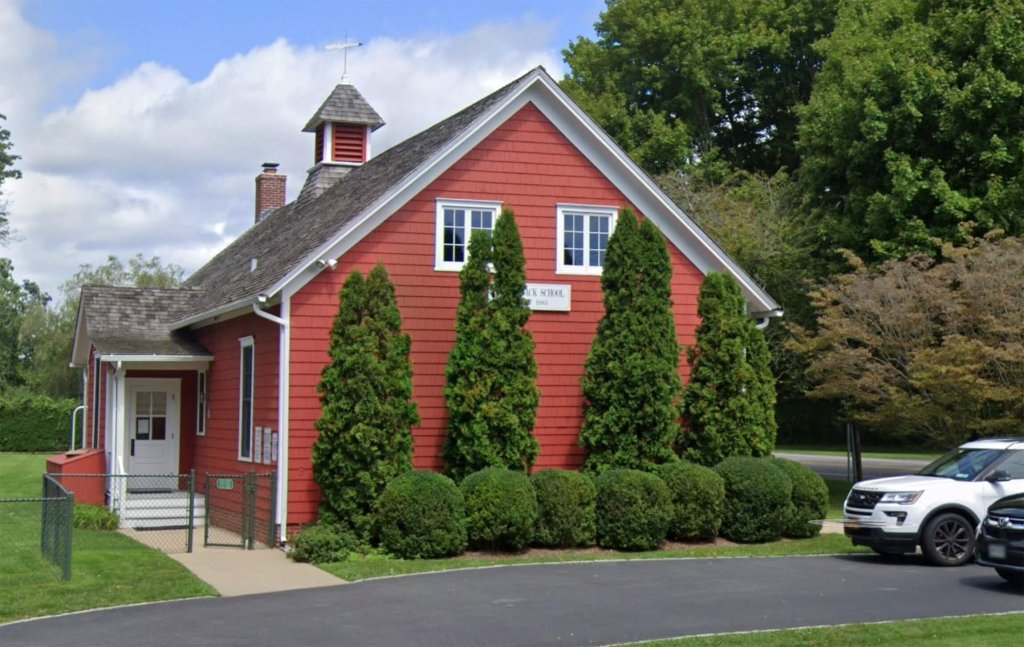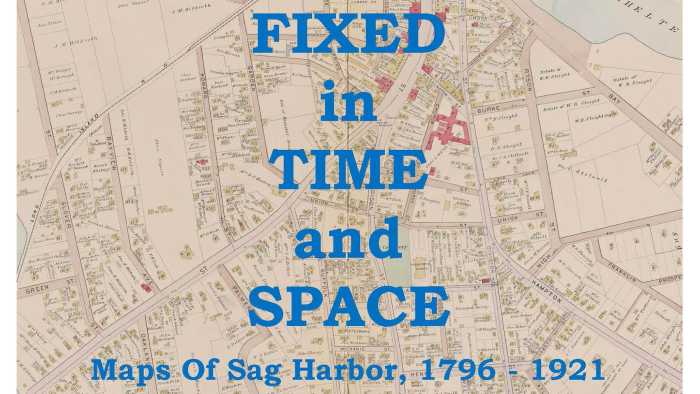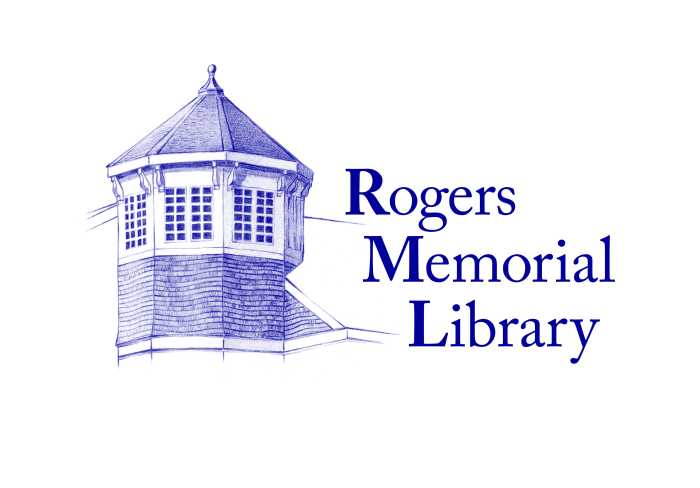Guarded Optimism Over East Hampton Finances

Despite the steep economic downturn caused by COVID-19, East Hampton Town’s budget officer Len Bernard is guardedly optimistic about the town’s financial future, both short-and long term. He addressed the East Hampton Town Board on April 21.
“This is tax collection season,” he said. The town has already collected 65 percent of all real estate taxes due, “which is good,” he said. “The other 35 percent is due by May 31. That hasn’t changed as of yet. If we were to fall short, we would have to make an adjustment. The school districts would be impacted probably more than us in terms of not getting a full collection, but, again, I don’t want to alarm anyone. I really do think that we are going to meet that 100 percent mark by the end of the day.”
What would happen if someone is late with their real estate tax payment? “It gets a little complicated,” Bernard said. I don’t think people know this: May 31 is the last day you can pay your taxes (to the town.) After June 1, if you come in to pay your taxes, you have to pay your taxes through the county.” That can cost the taxpayer more money, he said.”
However, Supervisor Peter Van Scoyoc said the county does have the authority to move the deadline back if someone is unable to pay.
By the end of June, Bernard said, the town will have a better sense of where it is with taxes, and for the summer season, as well as the status of construction and building permits and what the town’s mortgage tax revenue will be.
The mortgage tax revenue the town receives is collected by the county and is paid out 90 days after the end of the first quarter. Normally, Bernard said, he would have a good feel from the county regarding how much the town would be receiving. That is not the case this year, given that government at all levels is struggling to deal with the COVID-19 crisis. Van Scoyoc said he would reach out to the county to help Bernard get that information.
What would happen if the town’s revenue stream falls short of projections made before the onset of COVID-19? “We do have some surplus, which is a great thing. This emergency has illustrated how important it is to have a buffer on our finances. We do have a pretty ample surplus in all funds,” said Bernard. He added the town’s surplus is large enough that “it could theoretically keep us going for three months if we had no income whatsoever.”
“The next six to eight weeks are going to be the important period to tell us where we are going to be for the rest of the year. If we find that we are going to have a shortfall in revenue, then we are probably going to have to take some action come July and that action would probably be related to spending,” said Bernard.
Van Scoyoc and Bernard agreed that now is the time to plan for a potential shortfall by looking at line items that could be partially frozen.
Bernard concluded by thanking his entire staff, who have kept the town’s finances going throughout the current crisis.
t.e@indyeastend.com









